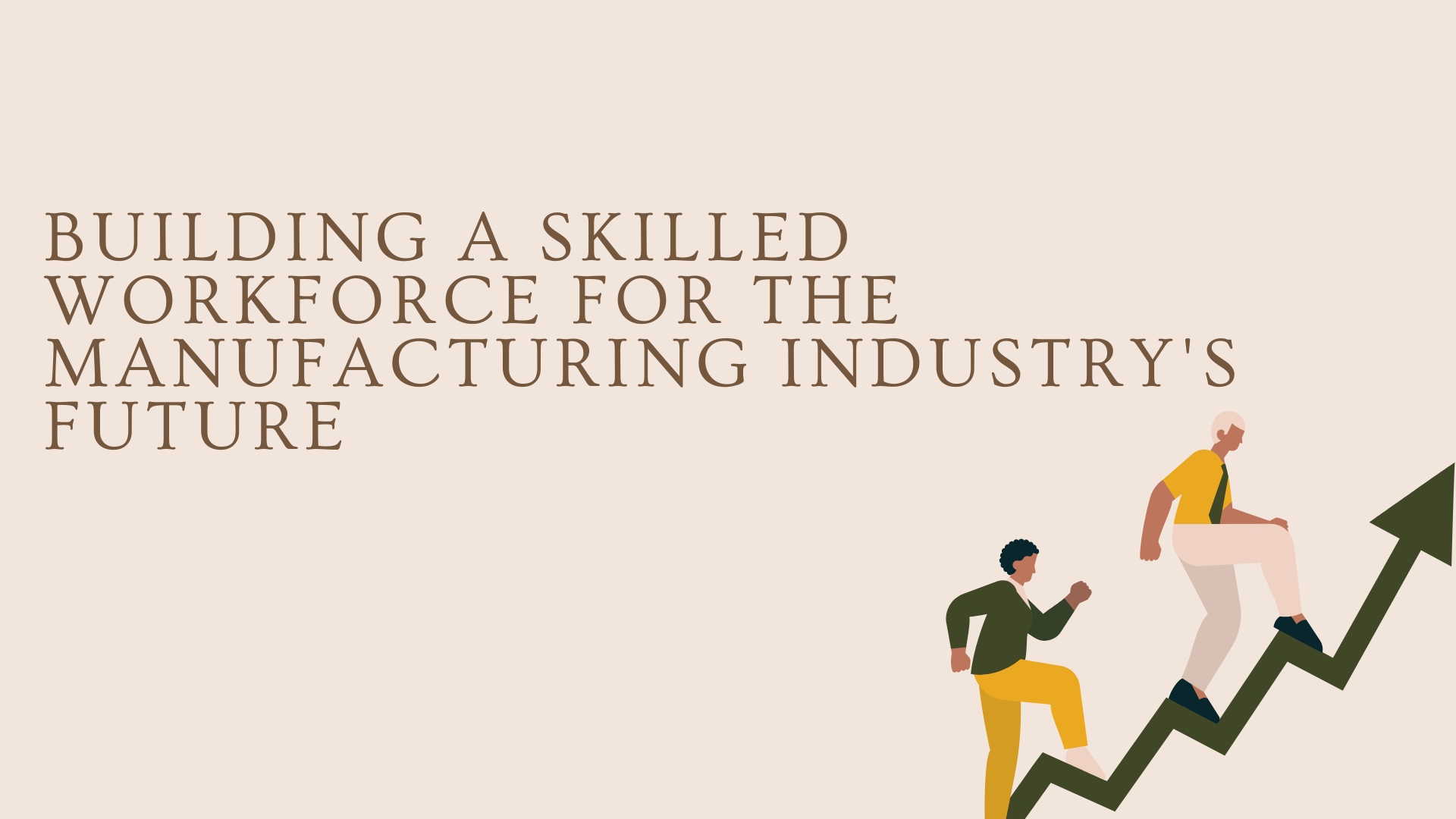In the dynamic landscape of the manufacturing industry, where technological advancements and market demands evolve rapidly, the key to sustainable success lies in the hands of a skilled and adaptable workforce. As we navigate the complexities of the modern manufacturing era, the imperative to cultivate a highly skilled talent pool becomes increasingly paramount. In this blog, we’ll explore the importance of building a skilled workforce for the manufacturing industry’s future and delve into strategies for nurturing the craftsmen of tomorrow.
The Changing Face of Manufacturing:
Gone are the days when manufacturing was synonymous with repetitive tasks performed on assembly lines. Today, the industry is undergoing a profound transformation, driven by automation, digitization, and the Internet of Things (IoT). As machines become smarter and processes more interconnected, the role of the human workforce is shifting towards higher-value tasks that require creativity, problem-solving skills, and technical expertise.
The Importance of Skilled Labor:
In this context, the value of a skilled workforce cannot be overstated. Skilled workers bring a wealth of knowledge and experience to the table, enabling manufacturers to innovate, adapt to changing market demands, and maintain a competitive edge. From engineers and technicians to machinists and welders, each skilled worker plays a vital role in driving efficiency, quality, and productivity within the manufacturing ecosystem.
Challenges and Opportunities:
However, building and retaining a skilled workforce in the manufacturing industry pose significant challenges. An aging workforce, coupled with a shortage of skilled workers entering the field, exacerbates the talent gap. Moreover, misconceptions about manufacturing careers and the stigma associated with blue-collar jobs further compound the issue.
Despite these challenges, there are also ample opportunities to attract, train, and retain skilled talent. From leveraging technology to enhance training programs to fostering partnerships with educational institutions and implementing apprenticeship initiatives, manufacturers have a myriad of tools at their disposal to build a robust pipeline of skilled workers.
Strategies for Success:
- Invest in Training and Development: Implement comprehensive training programs that equip employees with the skills and knowledge needed to excel in their roles. Embrace emerging technologies such as virtual reality (VR) and augmented reality (AR) to provide hands-on training experiences in a safe and immersive environment.
- Promote Career Pathways: Showcase the diverse career pathways available within the manufacturing industry, from entry-level positions to advanced technical roles. Provide clear progression opportunities and support employees in their professional development journey.
- Collaborate with Educational Institutions: Forge partnerships with schools, colleges, and vocational training centers to develop curriculum tailored to the needs of the manufacturing industry. Offer internships, co-op programs, and apprenticeships to expose students to real-world manufacturing environments and cultivate a talent pipeline.
- Embrace Diversity and Inclusion: Create a culture of inclusivity where individuals from diverse backgrounds feel valued and empowered to contribute. Recognize the unique perspectives and talents that each employee brings to the table, fostering a collaborative and innovative workforce.
- Adapt to Technological Changes: Embrace emerging technologies such as robotics, artificial intelligence (AI), and advanced manufacturing processes. Provide opportunities for upskilling and reskilling to ensure that employees remain relevant in an increasingly digitalized manufacturing landscape.
Conclusion:
As the manufacturing industry continues to evolve, the need for a skilled and adaptable workforce becomes more pronounced than ever before. By investing in training and development, promoting career pathways, collaborating with educational institutions, embracing diversity and inclusion, and adapting to technological changes, manufacturers can build a talent pipeline capable of driving innovation, growth, and success in the years to come. Together, let us embark on the journey of nurturing tomorrow’s craftsmen and shaping the future of manufacturing.









